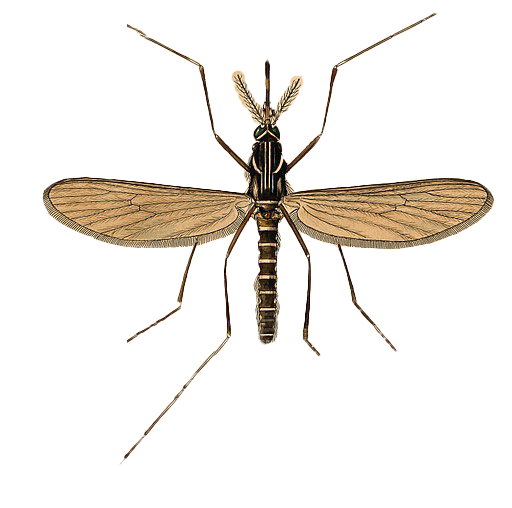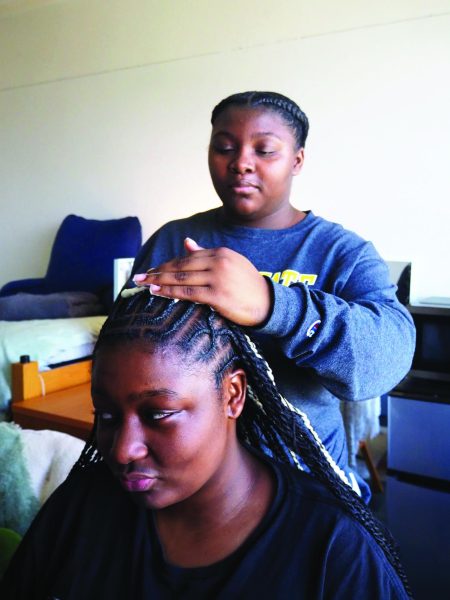West Nile in Wayne

September 15, 2022
Although COVID-19 cases have been on the decline in Wayne, widespread illness is still on the minds of public health officials, as the first cases of West Nile Virus (WNV) have been reported in Northeast Nebraska this year.
WNV is initially carried by birds, but is spread through the ecosystem through the bite of mosquitoes. In Nebraska, the virus is transmitted by Culex mosquitoes, which are most active during the summer and early fall. Both humans and horses can catch WNV, unfortunately, only horses have a working vaccine, there is no real treatment for humans
Molly Herman, Epidemiology Coordinator at the Northeast Nebraska Public Health Department (NNPHD), referred to humans and horses as “dead end hosts” for WNV. “This means that the virus doesn’t replicate enough in our bodies for it to spread to someone else from us by mosquito bite. For instance, if I have WNV and a mosquito sucks some blood from me, and then goes over to you and sucks some more blood, you aren’t going to get WNV from my blood,” Herman said. “Birds are what we call the ‘reservoir host’ for WNV, so the virus replicates in birds, a mosquito sucks blood from an infected bird, then that mosquito bites me and I get a WNV infection.”
WNV varies widely in its actual impact. Around 80% of people who contract the virus experience no symptoms, while others may experience dangerous and life-threatening illness. “For people who do get sick, it can potentially be quite serious, sometimes with neurological issues occurring, while other people might just experience headaches,” Herman said.
According to the Centers for Disease Control and Prevention (CDC), around 1% of severe WNV cases experience damage to the central nervous system. Symptoms of severe cases include tremors, convulsions, extreme fatigue, vision loss, paralysis, and in extreme cases, may lead to death. “People more at risk for severe WNV illness include people who are elderly, immune suppressed, have chronic renal disease, a history of alcohol abuse or who have hypertension.”
Since there is currently no vaccine or treatment for WNV, the NNPHD advises residents of Wayne County to take precautions, in order to protect the community from a potentially life-threatening disease. One of the most effective ways to prevent bites from mosquitoes is to “get friendly with insect repellent,” which can reduce your chances of acquiring any vector-borne infection. We recommend using something that contains DEET,” Herman said. “If you spend a lot of time hiking or camping, you can treat your clothes and gear with a spray containing 0.5% permethrin.” To further reduce the risk of contracting WNV, the NNPHD also suggests residents avoid outdoor activities at dusk and dawn and wear long-sleeved shirts, pants, socks and shoes when outside.
“One thing I always tell people is that if you are sick and go to your healthcare provider, please make sure you give them a full history. This means tell them what you’ve been up to, where you might have traveled, what you ate, if you’ve been outdoors a lot, a history of any tick or mosquito bites,” Herman said. This helps healthcare providers properly identify and test for vector borne illnesses like WNV, which often have similar symptoms to other diseases.









